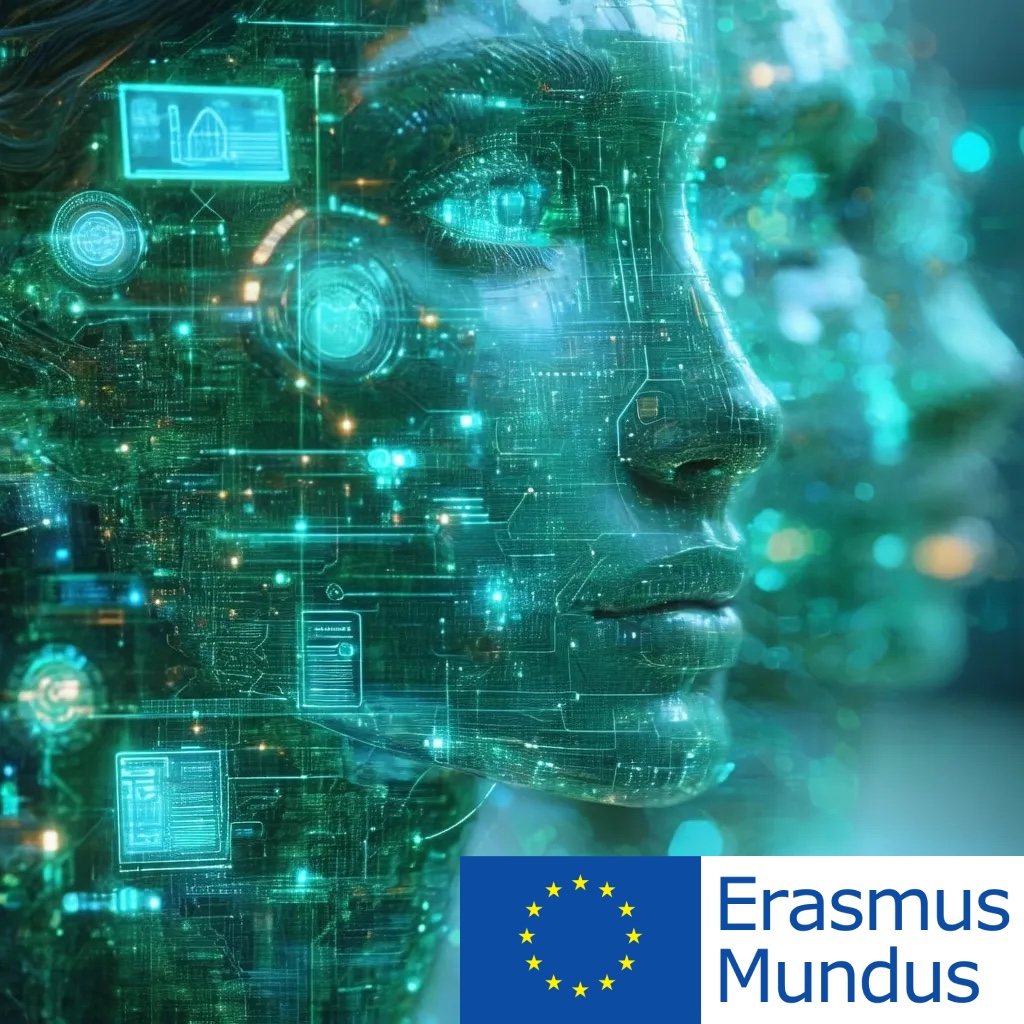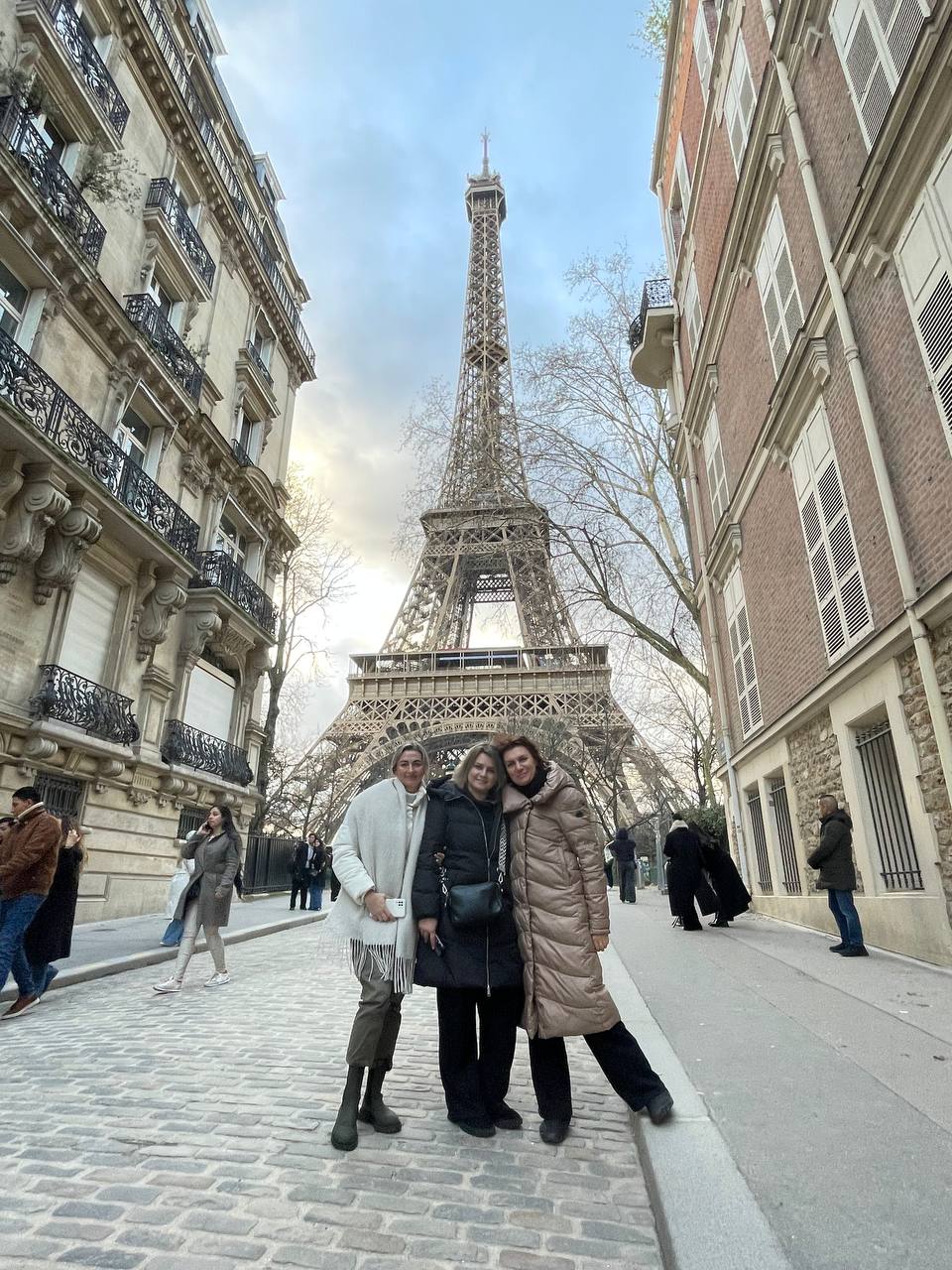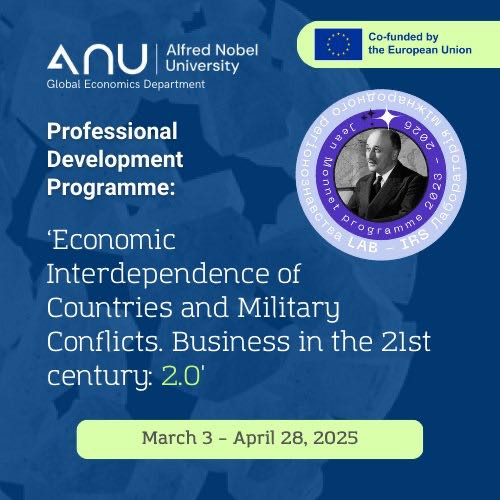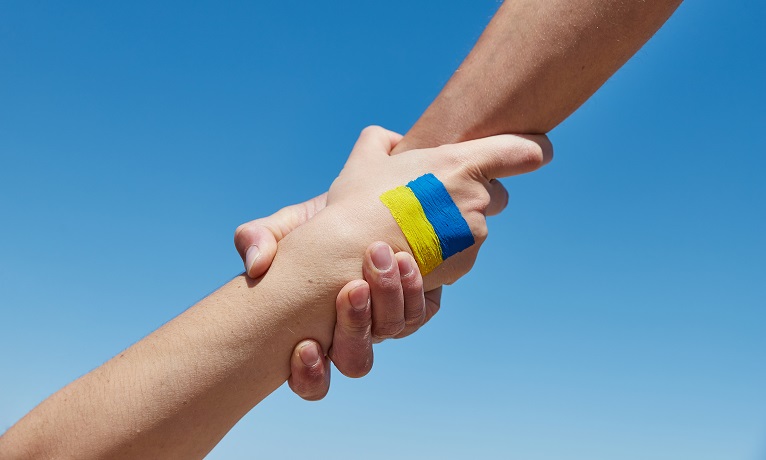This website uses cookies so that we can provide you with the best user experience possible. Cookie information is stored in your browser and performs functions such as recognising you when you return to our website and helping our team to understand which sections of the website you find most interesting and useful.
Project “AI Technologies for Sustainable Public Service Co-Creation” (AICOSERV)


Alfred Nobel University is starting the implementation of the project “AI Technologies for Sustainable Public Service Co-Creation” (AICOSERV), financed by the European Union as part of the Erasmus Mundus Design Measures Erasmus+ program.
The project is coordinated by Gdansk Polytechnic (Poland) in partnership with universities representing 5 countries: University for Continuing Education Krems (Austria), United Nations University Operating Unit on Policy-Driven Electronic Governance (Portugal), Umeå University (Sweden), Brandenburg University of Applied Sciences (Germany) and Alfred Nobel University (Ukraine).
Project Objective
As public services face increasing demands and complexity, the public sector is challenged to meet the evolving needs of citizens with limited resources. To address these challenges, there is a growing recognition of the importance of engaging citizens in co-creating public services and policymaking processes. Digitalization offers opportunities for such collaboration, and AI technologies have the potential to transform public services by improving efficiency, quality, inclusivity, and ethics.
However, effective co-creation requires more than just digital tools—it demands a deep understanding of citizens’ needs and the development of comprehensive competencies among public sector employees. Existing master’s programs often lack the interdisciplinary approach needed to equip graduates with the skills required for effective and sustainable co-creation in the digital era.
The AICOSERV project aims to bridge this gap by designing an innovative, transnational, interdisciplinary master’s program titled “AI Technologies for Sustainable Public Service Co-Creation.”
Main Goals
The project’s overarching goal is to develop a fully integrated master’s program that:
– Recognizes the pivotal role of citizen engagement in designing, delivering, and evaluating public services.
– Prioritizes vulnerable groups in the co-creation of personalized public services.
– Emphasizes AI-driven innovations for public service co-creation.
– Builds competencies for evidence-based decision-making in the context of co-creation.
– Addresses data management challenges to ensure effective AI integration in policymaking processes.
The project activities include creating shared mechanisms, such as recruitment requirements, integrated educational/training modules, a student service plan, a joint promotional strategy to attract diverse students, and standardized administrative and financial structures.
On December 17-18, 2024, the first introductory meeting of the project participants will be held at the Faculty of Management and Economics of the Gdańsk University of Technology involving the project team from the Alfred Nobel University:
– project manager: Y. Bartashevska, head of the Department of Information Technologies
– institutional coordinator: H.Bondarovych, head of the Grant Projects Center
Read also

As part of the international project ‘Rehabilitation Specialists-2025’, the second internship of Associate Professors from the Department of Psychology and Pedagogy at Alfred Nobel University – Oksana Bayer, Alina Yudina and Nataliia Hrisenko – in medical centres in France has now concluded. This time, they were delighted to revisit the André Lalande Physical Rehabilitation Centre […]

For the second year in a row, as part of the international Erasmus+ Jean Monnet Module EuSANU project ‘Highlighting the New Architecture of European Security in Teaching and Research,’ we invite you to join our professional development programme: ‘Economic Interdependence of Countries and Military Conflicts. Business in the 21st Century: 2.0.’ The world order is shifting significantly. The […]

Coventry University Group continues to help Ukraine rebuild and build towards a brighter future.
They have joined forces with two Ukrainian universities, trained healthcare workers and rehabilitation specialists, and explored potential joint research projects.
The newest initiative aims to develop Gender Equality Partnerships to increase the representation of women in senior leadership positions in higher education institutions in Ukraine


